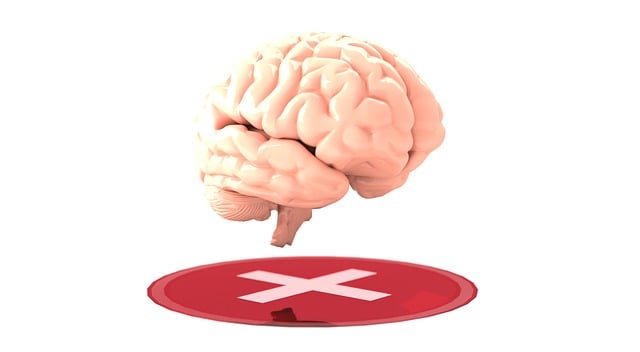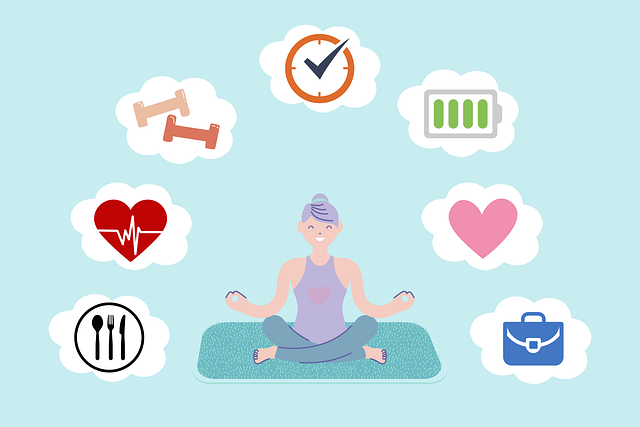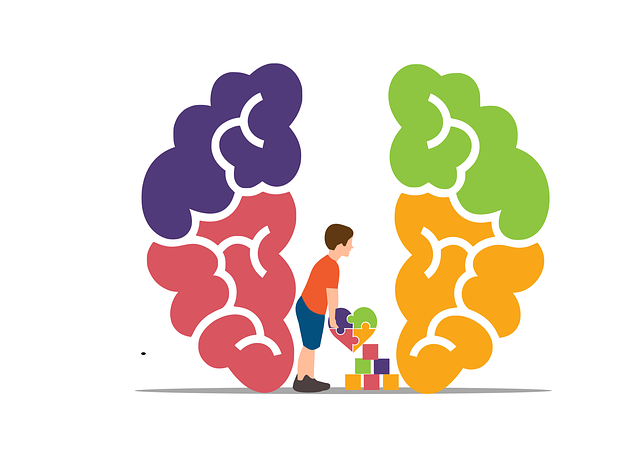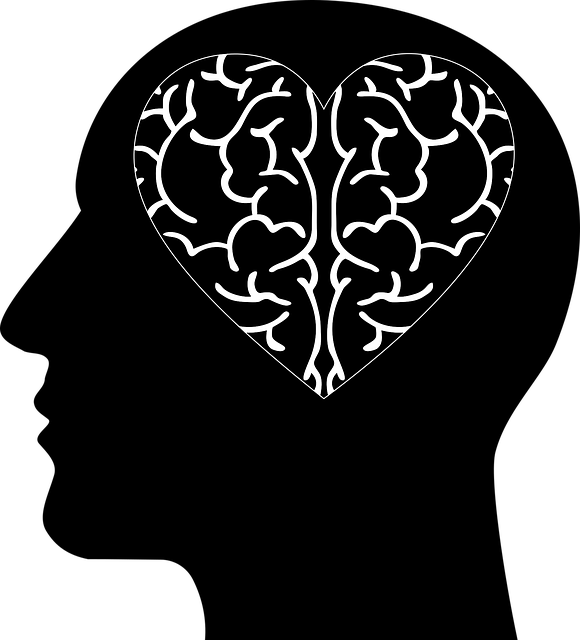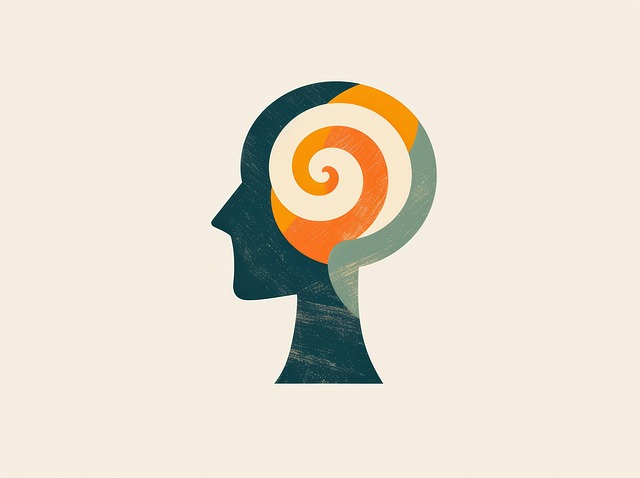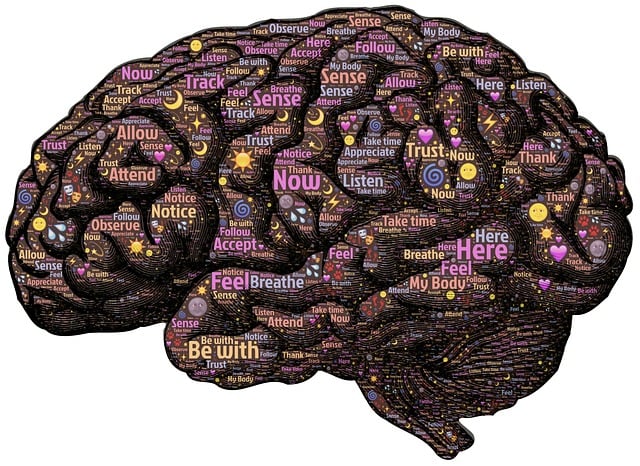Post-Traumatic Stress Disorder (PTSD) therapy focuses on evidence-based approaches like Cognitive Behavioral Therapy (CBT) and Eye Movement Desensitization and Reprocessing (EMDR) to help individuals process trauma. Anxiety management, through CBT techniques, mindfulness meditation, and self-care practices, is crucial for improving mental wellness. Superior PTSD therapy combines these methods with holistic strategies, empowering patients to reframe thoughts, challenge beliefs, confront memories, and build resilience against stress triggers. Crisis intervention and cultural sensitivity in healthcare are vital for diverse populations.
Anxiety management is crucial, especially for individuals dealing with Post-Traumatic Stress Disorder (PTSD). This article explores effective strategies to combat anxiety and offers insights into superior PTSD therapy. We delve into understanding the condition’s impact, providing practical techniques for short-term relief, and emphasizing the integration of therapy and self-care for long-lasting results. By combining evidence-based therapies with self-compassion, individuals can navigate their PTSD journey towards a calmer, more resilient state.
- Understanding Post-Traumatic Stress Disorder (PTSD) and Its Impact
- Effective Anxiety Management Techniques for PTSD
- Integrating Therapy and Self-Care for Long-Term Relief
Understanding Post-Traumatic Stress Disorder (PTSD) and Its Impact

Post-Traumatic Stress Disorder (PTSD) is a complex mental health condition that can significantly impact an individual’s daily life and overall well-being. It often develops after experiencing or witnessing a traumatic event, such as military combat, accidents, natural disasters, or violent attacks. The brain’s response to trauma can lead to intense feelings of fear, helplessness, and reliving the traumatic memories, even months or years later. This can result in various symptoms like flashbacks, nightmares, severe anxiety, avoidance behaviors, and emotional numbing.
Superior PTSD therapy focuses on helping individuals process and overcome these traumatic experiences. Through evidence-based approaches, such as Cognitive Behavioral Therapy (CBT) and Eye Movement Desensitization and Reprocessing (EMDR), mental wellness podcast series production can offer effective stress reduction methods. These therapies enable individuals to reframe negative thoughts, challenge distorted beliefs, and gradually confront memories, helping them regain control over their lives and leading to improved mental wellness.
Effective Anxiety Management Techniques for PTSD

For individuals dealing with Post-Traumatic Stress Disorder (PTSD), managing anxiety is a crucial step in their healing journey. Superior PTSD therapy techniques have been developed to address the unique challenges faced by those affected. Cognitive Behavioral Therapy (CBT) has proven effective in helping individuals challenge negative thought patterns and replace them with more realistic, positive ones, thereby reducing anxiety symptoms. This approach empowers people to regain control over their thoughts and emotions, fostering resilience against stressful triggers.
Additionally, techniques like mindfulness meditation and deep breathing exercises promote emotional regulation by encouraging a focused awareness on the present moment. Public awareness campaigns play a vital role in normalizing conversations around PTSD and promoting understanding, which can reduce stigma and encourage individuals to seek help. Building resilience through support groups or individual counseling further equips people with coping strategies, offering them a sense of community and empowerment as they navigate their anxiety management journey.
Integrating Therapy and Self-Care for Long-Term Relief

Anxiety management requires a holistic approach, and integrating therapy with self-care practices is essential for long-term relief, especially when dealing with complex conditions like Post-Traumatic Stress Disorder (PTSD). Superior PTSD therapy involves a tailored combination of evidence-based techniques such as cognitive behavioural therapy (CBT), exposure therapy, and eye movement desensitisation and reprocessing (EMDR). These therapeutic methods empower individuals to challenge negative thought patterns, confront traumatic memories, and develop healthier coping mechanisms.
Complementing these professional interventions with self-care strategies is a game-changer for sustained mental well-being. This includes practices like regular exercise, mindfulness meditation, adequate sleep hygiene, and engaging in hobbies or creative outlets. By incorporating these into daily routines, individuals can enhance their therapy outcomes, build resilience, and manage anxiety symptoms more effectively. Moreover, crisis intervention guidance and risk management planning for mental health professionals play a crucial role in supporting clients during distressing periods, ensuring cultural sensitivity in mental healthcare practice to cater to diverse populations.
Anxiety management is a journey, especially when addressing conditions like Post-Traumatic Stress Disorder (PTSD). By understanding PTSD and its impact, individuals can access effective techniques for stress reduction. Integrating therapy, self-care, and specific strategies such as superior PTSD therapy offers a holistic approach to long-term relief. Embracing these methods empowers individuals to navigate life’s challenges with resilience and improved mental well-being.
